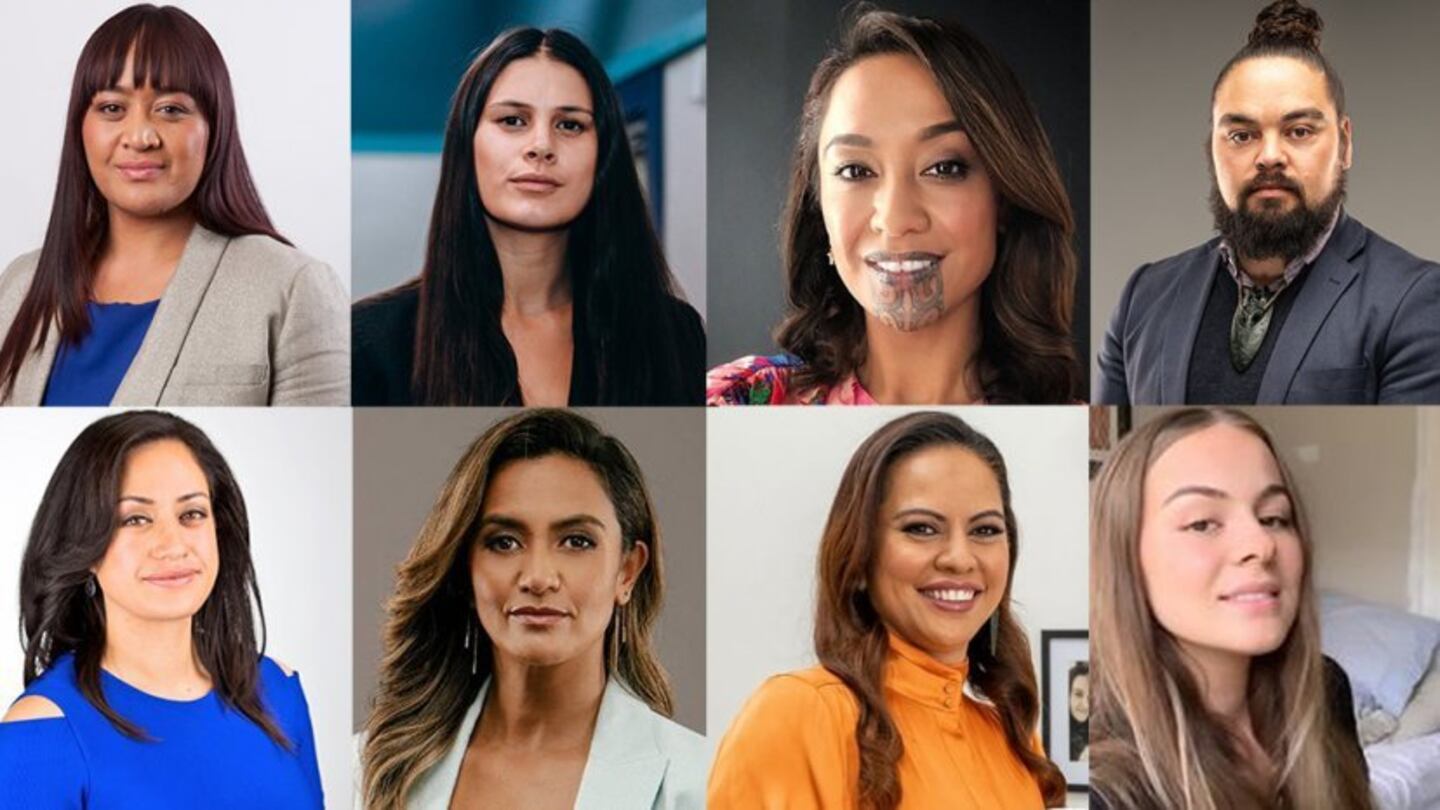The independent Māori journalists association, Kawea Te Rongo has elected a new executive with an eye for the future.
The group held its annual general meeting in Auckland and online on Wednesday, where a combination of te reo Māori journalists, representatives of Māori in the mainstream sector and rangatahi were voted in to replace the outgoing executive.
The former co-chair, Whakaata Māori news producer Tamati Tiananga, says he is excited about the future of Kawea Te Rongo.
“I believe the newly elected executive has the right formula to ensure Māori journalism continues to thrive. Kawea Te Rongo is the voice for Māori journalists and now is the time for Broadcasting Minister Willie Jackson to welcome Kawea Te Rongo to the table to discuss the future of Māori media.”
The incoming executive will be co-chaired by Radio New Zealand presenter, Māni Dunlop (Ngāpuhi) and Tahu News producer Ripeka Timutimu (Tūhoe, Ngāi Te Rangi, Ngāti Ranginui) who have more than two decades of industry experience collectively.
Timutimu says Kawea Te Rongo will play an integral role in providing Māori journalism with a collective voice as the media landscape undergoes significant change.
“Kawea Te Rongo was created to give Māori journalists a voice at the table. We look to continue that work and ensure equitable solutions are achieved with regard to Māori and our place across the media industry here in Aotearoa.”
Building capability
Dunlop says building capability across the board to meet the growing demands of the industry and a shortage of Māori journalists is also going to be a key focus.
“Kawea Te Rongo will ensure that we continue to reach into all areas of the industry in which our members represent and serve. We aim to strengthen and grow our representation across the sector.”
Māori journalists from around the country reinvigorated Kawea Te Rongo at a hui held at Te Kura Kaupapa Māori o Te Kotuku in west Auckland in 2021 as an independent group that aims to support, develop and advocate for Māori journalism.
The name pays homage to the first Māori journalist group, established in the 1990s.
Award-winning broadcaster Mihingārangi Forbes remains optimistic about the future of Kawea Te Rongo and the place of Māori journalism within the fabric of Aotearoa.
'Undeniable growth'
"We are witnessing a seachange in the media landscape and Māori journalists are taking their places across multiple platforms offering unique perspectives and voices. The growth in Māori journalism is undeniable as demonstrated by this new board.”
“There is more work to do to create a greater plurality of voice for all New Zealanders and Kawea te Rongo is well placed to represent te ao pāpaho Māori in the important industry changes to come,” Forbes said.
A hui ā-tinana will be planned for early in the Gregorian year. The new executive invites all Māori journalists to connect and participate in the many kaupapa of Kawea Te Rongo.
Kawea Te Rongo executive:
Ripeka Timutimu (Tūhoe, Ngāti Ranginui, Ngāi Te Rangi): Tahu News producer (co-chair)
Māni Dunlop (Ngāpuhi): Radio New Zealand presenter (co-chair)
Oriini Kaipara (Tūhoe, Ngāti Rangitihi): Award-winning Newshub journalist and presenter
Peata Melbourne (Tūhoe, Ngāti Kahungunu, Ngāti Porou): Whakaata Māori news presenter and award-winning filmmaker
Mārena Mane (Ngāi Te Rangi, Ngāpuhi): Whakaata Māori journalist
Harata Brown (Te Aupouri, Te Arawa): Te Karere video journalist based in Te Tai Tokerau
Kereama Wright (Te Arawa, Ngā Ruahinerangi): Aukaha News producer
Te Ahipourewa Forbes (Ngāti Maniapoto, Ngāti Paoa): The Project ringa raupā and rangatahi (youth) representative

